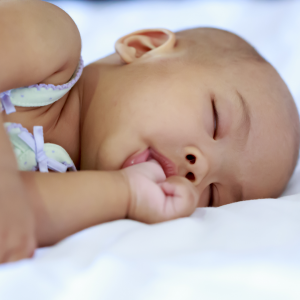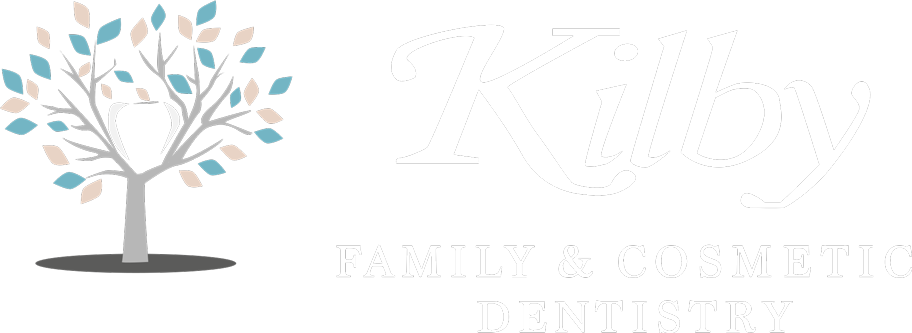Is Thumb Sucking bad?
- Dr. Dustin Kilby, D.M.D. August 30, 2019
Sucking is a natural reflex and infants and young children may use thumbs, fingers, pacifiers, and other objects on which to suck. But, is thumb-sucking bad? It may make them feel secure and happy or provide a sense of security during difficult periods. Since this can be relaxing, it may induce sleep.

If you're worried about your child's pacifier use affecting their teeth, don't worry - it's essentially the same as sucking on fingers or thumbs. However, pacifiers are usually easier to break the habit of than those other activities. Always offer your infant a clean pacifier, and never dip it in sugar or honey before giving it to them. Most children stop sucking their thumbs or fingers on their own between 2 and 4 years old, as they gradually spend more time exploring their surroundings and less time with their hands in their mouths. Peer pressure can also cause many school-aged children to give up the habit. If your child doesn't stop on their own by age 4, try discouraging the habit gently - too much pressure can do more harm than good.
If this behavior persists beyond the eruption of the permanent teeth it can cause problems with the proper growth of the mouth and tooth alignment. How intensely a child sucks on fingers or thumbs will determine whether or not dental problems may result. Children who rest their thumbs passively in their mouths are less likely to have difficulty than those who vigorously suck their thumbs. Children should cease thumb-sucking by the time their permanent front teeth are ready to erupt. Usually, children stop between the ages of two and four. (Peer pressure causes many school-aged children to stop.) Pacifiers are not a substitute for this. They can affect the teeth essentially the same way as sucking fingers and thumbs. However, the use of the pacifier can be controlled and modified more easily than the thumb or finger habit.
To consult with Dr. Kilby about your concerns on thumb sucking or use of a pacifier, call (229) 247-0200.
For more information check out what the American Dental Association has to say.
